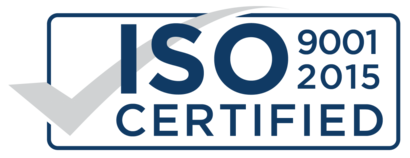PUBLIC SECONDARY EDUCATION IN RURAL AREAS IN HAITI - DOMINANCE AND ABUSE OF POWER THROUGH THE LENS OF POLARITIES OF DEMOCRACY THEORY
Keywords:
Education System in Haiti, Education System in Haiti, Inequity in Education, Public Secondary Education, Literacy, DominanceAbstract
Public secondary schools are scarcely available to children in rural Haiti who want to continue their education beyond primary school. While some remote communities may offer private schools, poor families simply cannot afford to send their children to private schools or even move to a city where they have options to attend public secondary schools. The research examined the perspectives of well-informed Haitian educators and other educators who were familiar with the issue of limited access to public secondary education in rural areas of Haiti. The research further determined that the problem can't be solved unless we look at how the country's educational system was affected by Dominance and Abuse of Power by the Elites and other oppressive factors. 20 educators in Haiti and the United States participated in semi-structured interviews to compile data that were analyzed through the prism of Benet's Polarities of democracy theory. The findings indicated that Education for rural residents is undervalued by the government. Political and personal agendas are given more priority. Closing the gap between urban and country life is critical. More public secondary schools for rural areas need to be established, which will need a paradigm shift in the education system of the country.
Downloads
Downloads
Published
How to Cite
Issue
Section
License

This work is licensed under a Creative Commons Attribution-NonCommercial 4.0 International License.








